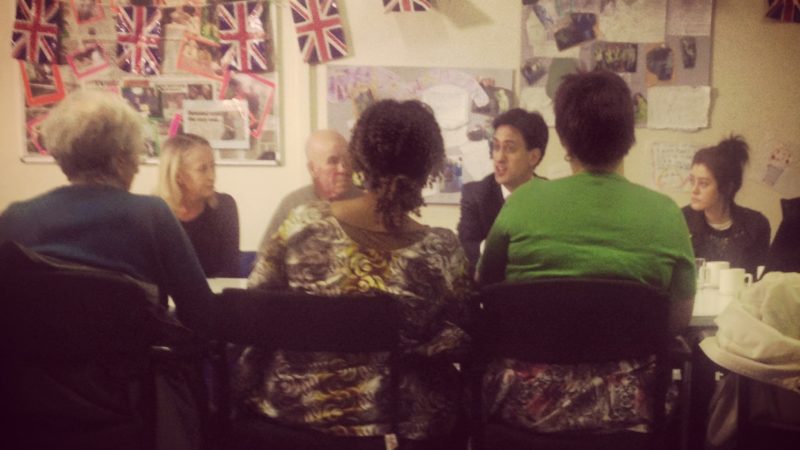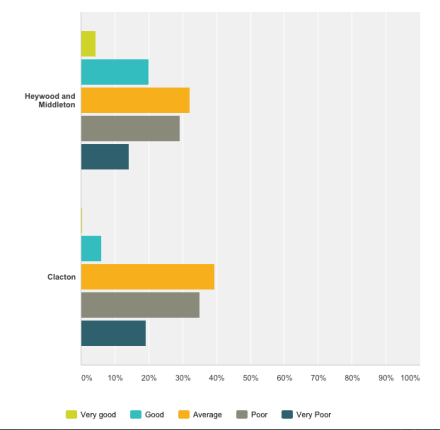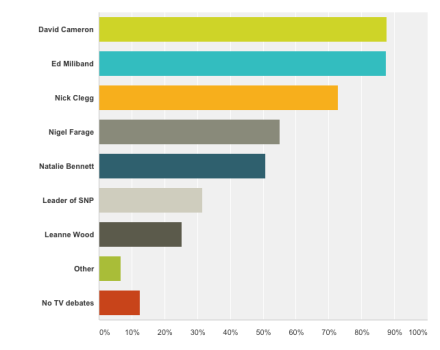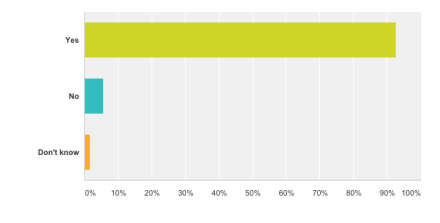
Bleak by-elections
This time last week we’d just had the by-election results in for Heywood and Middleton and Clacton. The first took place due to the sad and sudden death of Jim Dobbin MP and the second was triggered when the current MP Douglas Carswell defected to UKIP.
Common consensus is that it was not a great night for the two main parties – Labour’s Liz McInnes held Heywood and Middleton but only with a 617 vote margin, with Ukip in second. In Clacton, as predicted, Carswell held the seat but this time for his new party, Ukip, making him their first elected MP, and beat the Tories by over 12,000 votes.
But we wanted to know how LabourList readers thought Labour did.
In Heywood and Middleton, most agree that Labour’s win wasn’t all that much of a good one. Most said the result was either average (39%) or poor (35%). 14% thought it very poor, while only 4% said very good and 20% thought is was good. This is hardly surprising. In 2010, Jim Dobbin held the seat with a 6,000 majority (although this was reduced from 11,000 in 2005) – the slim margin by which Labour won is a worrying indication of Ukip’s potential appeal in some northern seats.
The picture is similar in Clacton. Although this was a Tory seat prior to the by-election (by a 12,000 majority) – most still thought this a bad result for Labour with 39% saying it was average, 35% it was poor and 19% saying it was very poor. This is most likely because Labour’s vote share went down by 13,8% from 2010. Not exactly the progress we want to be making. Meanwhile, 0.3% thought it very good and 6% thought it good – probably because a Tory loss seems like a good thing for Labour

Debating debates
This week, there’s been a lot of discussion about the TV debates in the lead up to the general election. Amidst rumours that David Cameron is doing everything he possibly can to sit down and have talks about how the TV debates will look, television programmers have floated some ideas as to what their format would be. They’ve suggested 3 rounds of debates, one that would see Miliband and Cameron go head-to-head, another in which the two parties leaders would be joined by Nick Clegg and a third that would include these three plus Ukip leader Since Nigel Farage.
Yet since Farage will be included, many – including Mark Ferguson – have come out and said that it’s only fair for the Greens to take part in one of the debates.
What do you all think? It’s no surprise that roughly the same number, around 90% of people, think the leaders of the two main parties – David Cameron and Ed Miliband – should be included in debates. There’s less support for Nick Clegg – only 73% think he should take part in at least one stage of debates, no surprise considering their national poll ratings of late have been around 7% on average (take a look at the latest Ashcroft polling).
Interestingly, although just only half of people think Farage should be part of the debate – a similar proportion think Farage and Green Party leader Natalie Bennett should be part of at least one debate – 55% and 51% respectively. It seems then that if Farage is included, Bennett should also be given the opportunity. This does make a lot of sense (why should the Greens be excluded from debates if Ukip are included), and although Bennett of course shouldn’t and wouldn’t be given a place on tokenistic reasons, it would be good to have a female leader as part of the debates, instead of just four white men.
Fewer people thought the leader of the SNP (32%) – we didn’t specify a name because we asked this before it was announced Nicola Sturgeon would succeed Salmond – and Plaid Cymru Leanne Wood leader (25%) should be part of the debates. While 7% thought other leaders should be included, 13% said they’d rather not have TV debates at all.
NHS Strike
At the start of this week, NHS workers went on strike for four hours over pay (and for the past four days have been operating under work-to-rule) – this first one in over thirty years. Maya Goodfellow wrote that considering Labour’s stance on the NHS and the cost-of-living crisis, Ed Miliband should have come out in support of the strikes.
With this in mind, we wanted to know whether LabourList readers supported the strikes. An overwhelming majority – 93%, more than the national average which is 61% – said they were in favour of the strikes. While only 6% were against, and 2% weren’t sure.
683 people voted in the LabourList survey this week. Thanks to everyone who took part.






More from LabourList
Almost half of Labour members oppose plans to restrict jury trials, poll finds
‘How Labour can finally fix Britain’s 5G problem’
‘The University of the Air – celebrating 60 years of Harold Wilson and Jennie Lee’s vision’